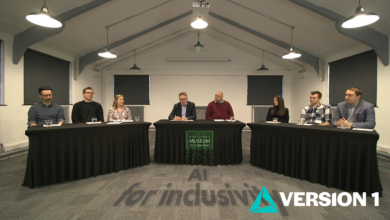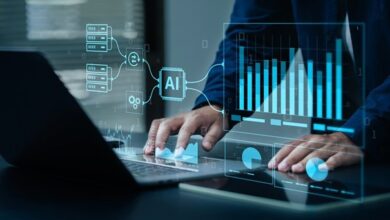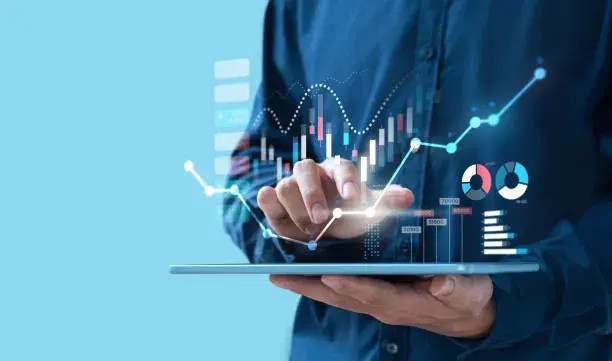
AI is coming to businesses, and it will change how employees work. It will also take jobs from some people. But what can individuals do with AI? How can individuals better utilize AI, and how can AI empower them? This aspect is discussed far less than AI in enterprises. Let’s explore some models for how individuals, especially in business, can leverage AI.
Although AI development is often driven by enterprises, individuals are not just passive objects; they can also take an active role in using AI to their advantage. We can identify at least three areas where individuals can gain value from personal AI and enhance their competitiveness:
- Using AI in their work and areas of expertise to become more effective.
- Creating a personal AI twin to work for them.
- Licensing their data and knowledge to AI.
Let’s delve into each category and the opportunities they present.
Use AI as an Assistant
This is an obvious option, and people are already doing it. They use ChatGPT and other tools to assist in their work. AI can help improve emails and articles, find relevant information, write code, or summarize large data sets. However, most people are still in the very early stages of this.
It’s important to acknowledge that AI can change jobs and render some roles obsolete. People cannot stop this development, but they can learn to live with AI, become more effective, and, in doing so, better protect their positions. It’s crucial not just to use generic tools but to become an expert in applying AI within your specific field.
Whether you’re a lawyer, accountant, journalist, or analyst, you need to find tools and models to truly excel in your profession and identify the best ways to use them. While generic AI is advancing rapidly, it still requires expertise to optimize its use for specific needs and cases and to verify the results.
Personal Twin Works for You
A new and emerging area is the creation of digital twins, which people can train with their own expertise and data. A leading solution in this field is Prifina’s Knowledge Twin, where individuals can train a personal twin using their data. This data can include information about themselves, articles and posts they’ve written, presentations, speeches, and virtually any text format.
Think of it as the next phase after LinkedIn, but much more advanced. Currently, many people showcase and share their knowledge on LinkedIn or other social media platforms. But with a personal twin trained on your knowledge, it can truly assist people and effectively demonstrate your expertise. Early adopters of these services are especially those who engage in public speaking, teaching, and expert consulting. Your audience can now be supported 24/7.
These services are mainly free to use at the moment, serving as an additional layer beyond teaching and consulting. However, it’s likely that soon, some twins will require payment for access. The key with these services is that individuals can truly have AI represent them and their knowledge, thereby building their personal brand. This approach is fundamentally different from models where only companies offer AI services.
License Data and Knowledge
One current concern with AI is the use of individuals’ data or other copyrighted material. Scarlett Johansson’s case with OpenAI is a well-known example of AI companies using individuals’ voices without permission. Last year, during the Hollywood strike, actors expressed concern that their likeness could be used in future productions without their involvement. The ongoing court case between Suno and record labels highlights the issues surrounding the creation of works like music using AI.
Avatars and cloned voices are obvious examples, but in the future, this could also include biometric data or someone’s expertise.
This is a complex area from a legal standpoint, and laws often lag behind new technological developments. It’s clear that people need protection for their personal data and control over how it is used and monetized by others. We are now seeing services like INZDR, where celebrities (such as sports stars, actors, presenters, and influencers) can license their digital assets for AI use.
Individuals’ data will likely be widely used for AI without permission, at least until regulations catch up. However, many parties will also be willing to pay for licenses to legally use celebrity voices, avatars, or data. Many companies will want to ensure they use approved versions of a celebrity’s voice, avatar, or data. This will become a fascinating and entirely new market within AI.
Take Control Yourself
These three areas are not an exhaustive list of how individuals can benefit from personal AI. However, they illustrate that AI is not just for businesses; individuals can take control of how AI impacts them. Individuals must take control if they want to succeed with AI. While these examples focus on business and professional use, it’s also worth discussing in a future article how AI can enhance efficiency and work and help people live better, happier lives.



